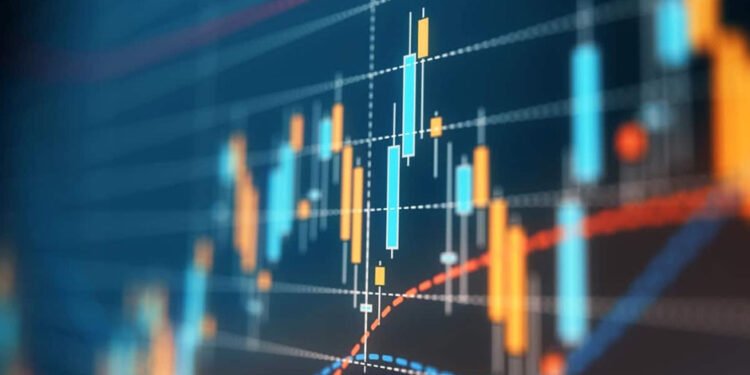When trading forex, it is imperative to make sure that you adopt a strategy to ensure any possible risks are managed. Managing risk will enable you to navigate the forex market with greater confidence and can help you get the most out of your investment.
Many trading platforms have tools that can help you manage risk, but it is important that you adopt your own risk management strategy to protect your investment.
Risk tolerance
All investments come with risk. Understanding your risk tolerance is one of the crucial first steps you need to take when beginning your forex trading journey. From the outset, it’s pivotal to determine what level of risk you are comfortable with and plan your investments accordingly, based on your financial situation and your investment goals.
The amount of available capital you have means you might be open to making riskier investments as you can face potential losses with a lesser impact on your overall portfolio. Other holdings such as bonds offer traders a safer opportunity as fluctuations in investments are relatively low in risk due to low volatility.
Use automated stop orders
A stop order can be a useful tool to manage potential risks to your investment and protect your investment from market volatility. You can predetermine the amount of risk you are willing to take, and the price you are willing to accept as the market fluctuates.
Setting a resistance limit will mean you will automatically stop trading when a stock reaches a certain price on an upward trajectory, whereas setting a support limit protects your investment from dropping below a certain price point as prices fall.
Diversify your portfolio
Another tool you can adopt as you manage risk while forex trading is to diversify your portfolio across different assets and markets. Spreading your investment across multiple stocks means you can protect yourself from potential risks that would impact your entire investment, but it also opens you up to other trading opportunities.
Monitor market conditions
Monitoring changes in markets will help you keep abreast of developments that could impact your investment. You can opt to use technical indicators or fundamental analysis to proactively anticipate market conditions and adjust your strategy accordingly.
- Technical analysis – This method involves identifying and tracking price movements and determining your next move in reflection of any changes in price and the possibility of prices rising or falling.
- Fundamental analysis – Traders can apply fundamental analysis by keeping abreast of wider economic developments and global events which can directly impact the performance of an investment. For example, financial updates can have a far-reaching impact on markets, and forex traders need to be prepared to adapt their strategy to minimise risk on an investment.












